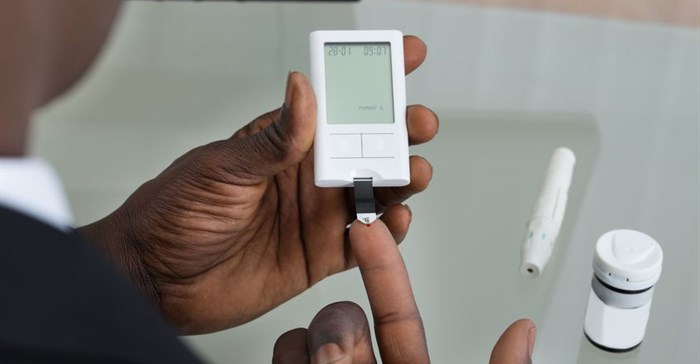






In response to this ConvaCare Clinics has opened its first wound and stoma clinic in the country. Located in Rivonia Medical Centre in Rivonia Road, Morningside, Sandton, the group was established in 2009 in Latin America.
Since then it has expanded into Columbia, Mexico, Brazil, Chile, Singapore and now South Africa. Its aim is to further increase its South African footprint by expanding into other major cities.
There is a myriad of factors that can contribute to a wound not healing. The classic definition of a chronic wound is a wound that has not healed in four weeks and needs to be revisited.
"Wound healing is a complex process which can be easily interrupted for several reasons with the resultant delay in wound healing,” says Bronwyn Green, clinical head for ConvaCare Clinics in South Africa.
"We need to be proactive instead of reactive and begin treatment on a wound deviating from the usual predictable pattern of wound healing. Early intervention can mitigate the extent to which a wound can potentially deteriorate due to infection, poor circulation etc,” she explains.
“The increasing prevalence of diabetic patients, as well as an increasing elderly population within South Africa, will increase the prevalence of leg, foot and pressure ulcers. This necessitates the need for clinically appropriate and quality wound and stoma care,” says Green.
"Diabetic wounds are most common on the diabetic patient's foot because of nerve damage, which results in loss of sensation, foot deformities and the inability of the foot to sweat. Diabetic Foot ulcers are notoriously difficult to manage, and therefore a diabetic patient requires treatment by wound specialists trained to manage and optimise the wound environment to accelerate closure," says Green.
Diabetic patients are also particularly at risk for development of ulcers. This is primarily due to their underlying chronic condition.
“They have lost sensation and thus lose the protective mechanism that prevents an injury to the foot. Patients with underlying chronic conditions/co-morbidities are also at risk for developing wound complications. It is therefore essential that wound care is proactive to minimise any potential wound complications," states Green.
In 2018 the diabetic wound application segment accounted for 14.4% of revenue share for the clinic.
There are three types of stoma surgeries; colostomy, ileostomy and urostomy. Stoma care services are a vital part of the pre-operative as well as the postoperative period. This is to prepare the patient both emotionally and physically for what to expect post-surgery. Stoma bags are used to contain the waste matter from the stoma.
“Up to 80% of ostomates experience ostomy complications," Green explains.
"ConvaCare Clinics help patients living with an ostomy manage and prevent any potential complication that may arise because of their stoma."
*(MarketResearch.com 20191)

